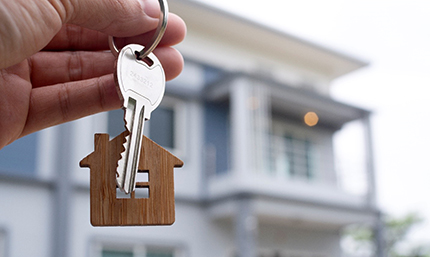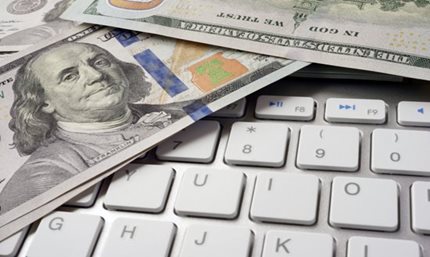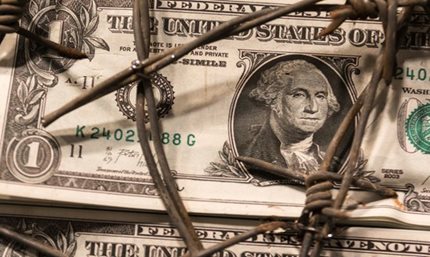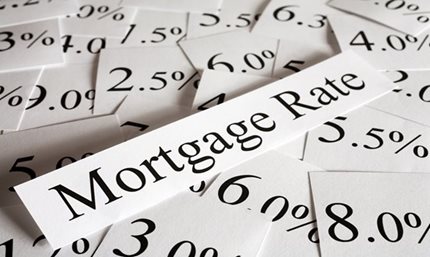News & Tips
How Many Credit Cards Should I Have?
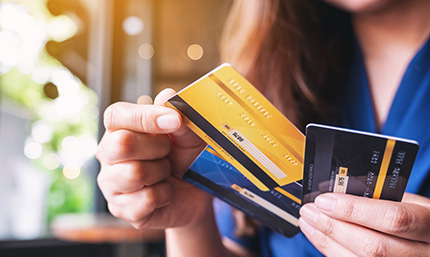
You might receive offers in the mail or at stores to apply for a credit card. At some point you may wonder, “How many credit cards should I have?” After all, credit cards can help you build or maintain good credit, finance purchases, and possibly earn rewards. But you might be concerned that having too many credit cards may negatively impact your credit. While a good rule of thumb is to have two or three credit card accounts at a time, other factors come into play in determining your credit.
Possible Advantages of Having Multiple Credit Cards
Here are the possible positive impacts of having multiple credit cards:
- Positive effect on credit utilization: Credit reporting bureaus look for a credit utilization percentage of 30% or less, which is a ratio of your revolving credit balances to your total available credit limit. It’s good to have more than one credit card, ideally from different credit card issuers, so that you have a good-sized credit limit to work with for purchases.
- For example, if you have a credit card with a $1,000 limit and other credit card with $1,500 limit, your total available credit is $2,500. It’s ideal to only have outstanding balances that are 30% of $2,500, which is $750.
- Easier time with making payments: Payment history accounts for 35% of the calculation of a credit score. When you only have a couple of credit cards, it’s usually easier to stay on top of due dates to make payments.
- Access to various benefits: Sometimes multiple cards mean merrier rewards. Maybe you have a credit card with a travel rewards program, allowing you to redeem points for airline miles or hotels. Maybe you have a store card that earns you cash back on purchases, along with offering free shipping and better deals.
- Having a backup: If one of your cards were to become lost, stolen, or compromised, it’s good to have another card as a backup.
Keep in mind that credit reporting bureaus prefer to see you have other types of credit in the mix too, such as an auto loan or a mortgage, which accounts for 10% of your credit score calculation.
Possible Disadvantages of Having Multiple Credit Cards
Let’s take a look at the main downsides of having too many credit cards and how it can hurt your score:
- Tracking multiple due dates: Simply put, the more credit cards you have, the more due dates you’ll have to manage. Plus, you’ll need to budget accordingly to cover all the balances that are due. If you’re only making the minimum payments, then you’re paying even more in interest. Psst, setting up autopay to pay the full balance every month for each card can help you avoid this from happening.
- Paying too much in fees: Some credit card providers offer attractive introductory no-fee offers, but after that period ends, you may have to deal with paying annual fees, late payment fees, balance transfer fees, foreign transaction fees, etc. All of that can add up quickly.
- Having too much purchasing power: Sometimes too much available credit can mean too many “impulse purchases” and too much usage for “retail therapy” (no judgment here). Plus, going over that 30% credit utilization percentage can hurt your credit score too.
How often should you apply for a credit card?
Applying for a credit card typically involves a hard inquiry, which means authorizing a lender to request a copy of your credit report from a credit reporting agency (Experian®, TransUnion®, and Equifax®). A hard inquiry can cause your credit score to drop by a few points and could stay on your credit report for up to two years. Here's more information about choosing the best credit card to fit your needs.
Too many credit card applications in a short period of time negatively impacts your chances to qualify for financing or a good interest rate. As a recommendation, it’s best to apply only for the credit card you need, and wait at least six months between applications (and longer if you have so-so credit).
Once you’ve established good credit with one or two cards, consider talking to the provider about trading up to a type that offers a lower interest rate, no fees, higher credit limit, better travel or emergency perks, cash back or points, etc. If they’re not offering what you’re looking for, then it’s time for the fun part of exploring available options from other card issuers—no rush!
Learn more about how your credit impacts your purchasing power.
Should I close unused credit cards?
Maybe you have some credit cards that are collecting dust in your wallet. Before you close a credit card account, ask yourself the following questions:
- How long have I had this credit card? The length of your credit history plays a 15% role in your overall credit score. Closing a longtime credit card could decrease that three-digit number.
- What would my credit line be without this credit card? It’s a good idea to have a good-sized credit limit to help you keep your credit utilization percentage at or below 30%.
- Am I planning on applying for a mortgage or car loan? Closing the credit card could reduce your score and impact your chances of getting a good interest rate or even getting approved.
- Am I paying too much on the annual fee? If the annual fee on this card is too high, call the provider and ask if they can do anything about lowering the fee or switching to a card that doesn’t have one. It doesn’t hurt to ask!
Overall, it’s better to keep unused credit cards open, even if they have zero balances. Note, some credit card providers may lower the credit limit or close the credit card if the account is inactive for too long.
Recommendation: Make small purchases with dormant credit cards from time to time and then make those payments in full upon their due date to help do more good for your credit score.
How to Build or Improve Your Credit Score
Whether you’re looking to establish or rebuild your credit, here are some available avenues:
- Student Credit Card: At Space Coast Credit Union (SCCU), if you’re between the ages of 15-18, you can apply for an SCCU Visa® Student credit card with a parent or legal guardian as a joint account holder to get a head start on building your credit!
- Secured Credit Card: If you’re 18 or over, a secured credit card is a good way to build or improve your credit score. It looks and works like a regular credit card, but the financial institution provider holds onto a certain amount of money as collateral. Once you’ve built enough good credit, you can request to trade up to a different card. Learn more about how secured credit cards work.
- Secured Loan: Alternatively, you can apply for an SCCU Secured Loan, where your money from a savings account or CD balance acts as collateral for the loan.
- Consolidating Debt: If you’re overwhelmed with too many due dates for your loans and credit cards, or you think you may qualify for a loan with a lower interest rate, you can look into seeing if consolidating debt may be a good fit for you. Some strategies include taking out a home equity loan or line of credit, transferring balances onto a credit card with a lower interest rate, using your debit card to help you stay on top of your budget, or taking out a personal loan. Learn more about consolidating debt.
If you have an account at SCCU, you can check your FICO® Score in your Online or Mobile Banking account. Additionally, you can check your credit reports for free once a year at AnnualCreditReport.com and request them to correct any errors on the report.
See more ways to build or improve your score with our Beginner’s Guide to a Good Credit Score.
Why Get a Credit Card at SCCU
SCCU offers a suite of credit cards with low variable rates for a variety of needs and lifestyles. You can even earn rewards with Visa Signature® and Visa® Platinum—learn more about their differences here. All SCCU credit cards also feature digital wallet payment options and contactless payments. To help prevent fraud, card holders also benefit from Visa® Zero Liability Protection14, ID Navigator powered by NortonLifeLock46, free 2Way Text Fraud Alerts, and Manage Cards.











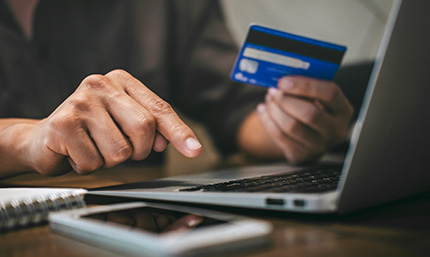
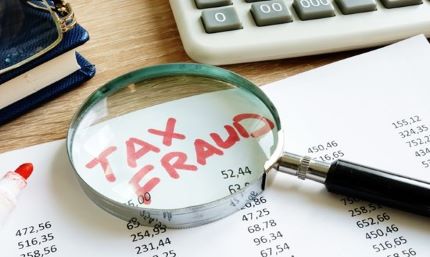



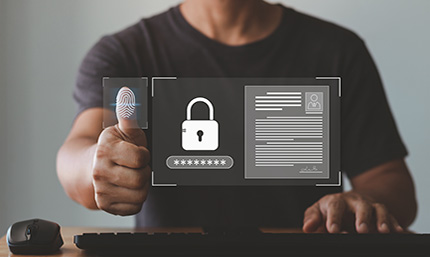











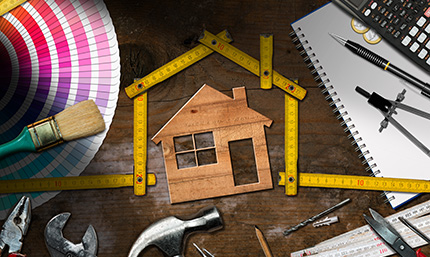






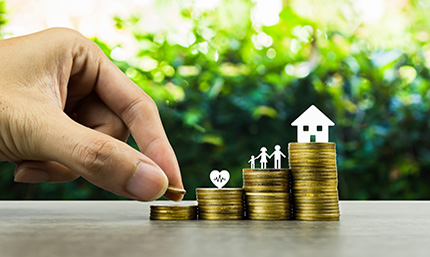









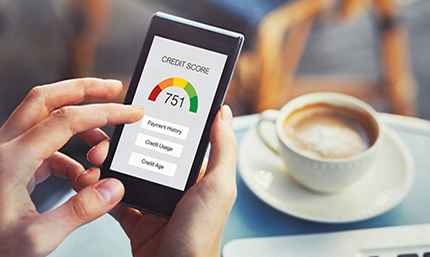
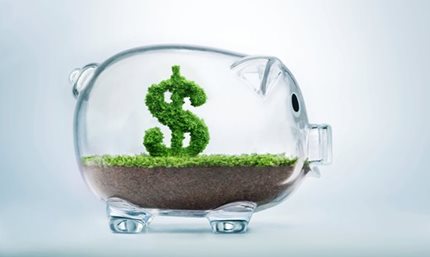



































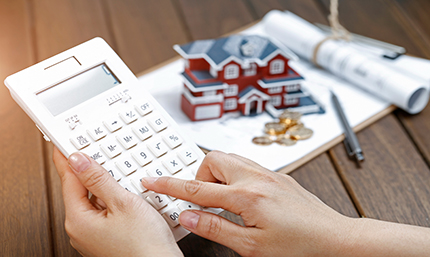















.jpg?width=430&height=257&ext=.jpg)






